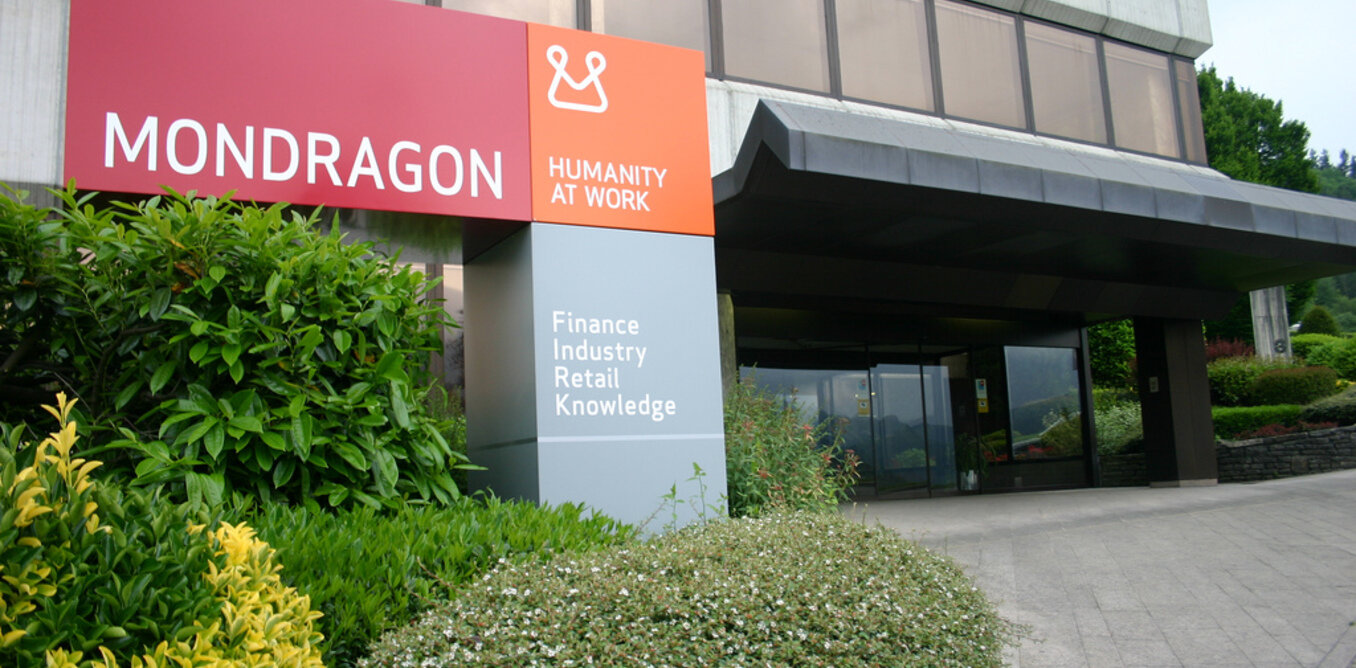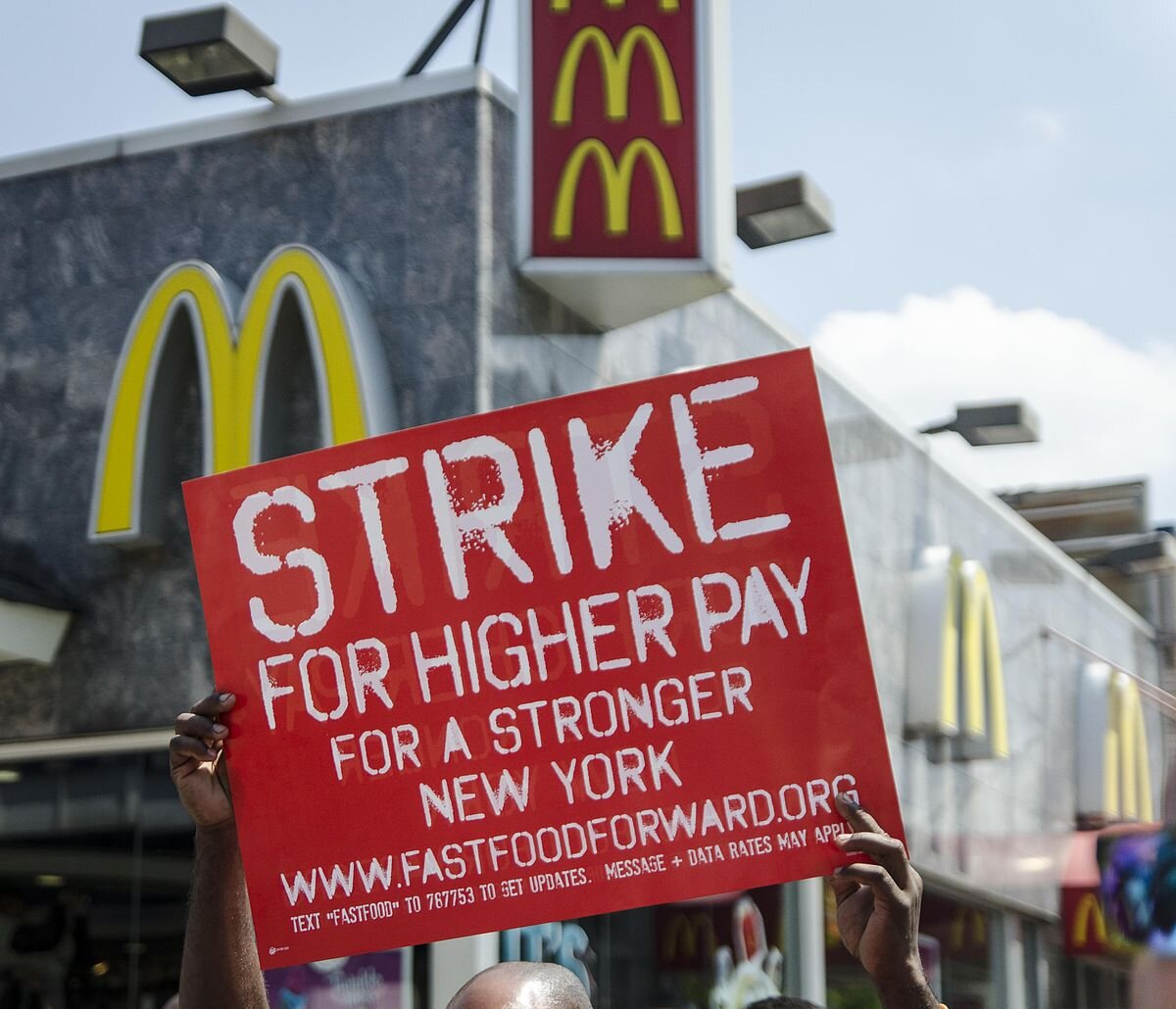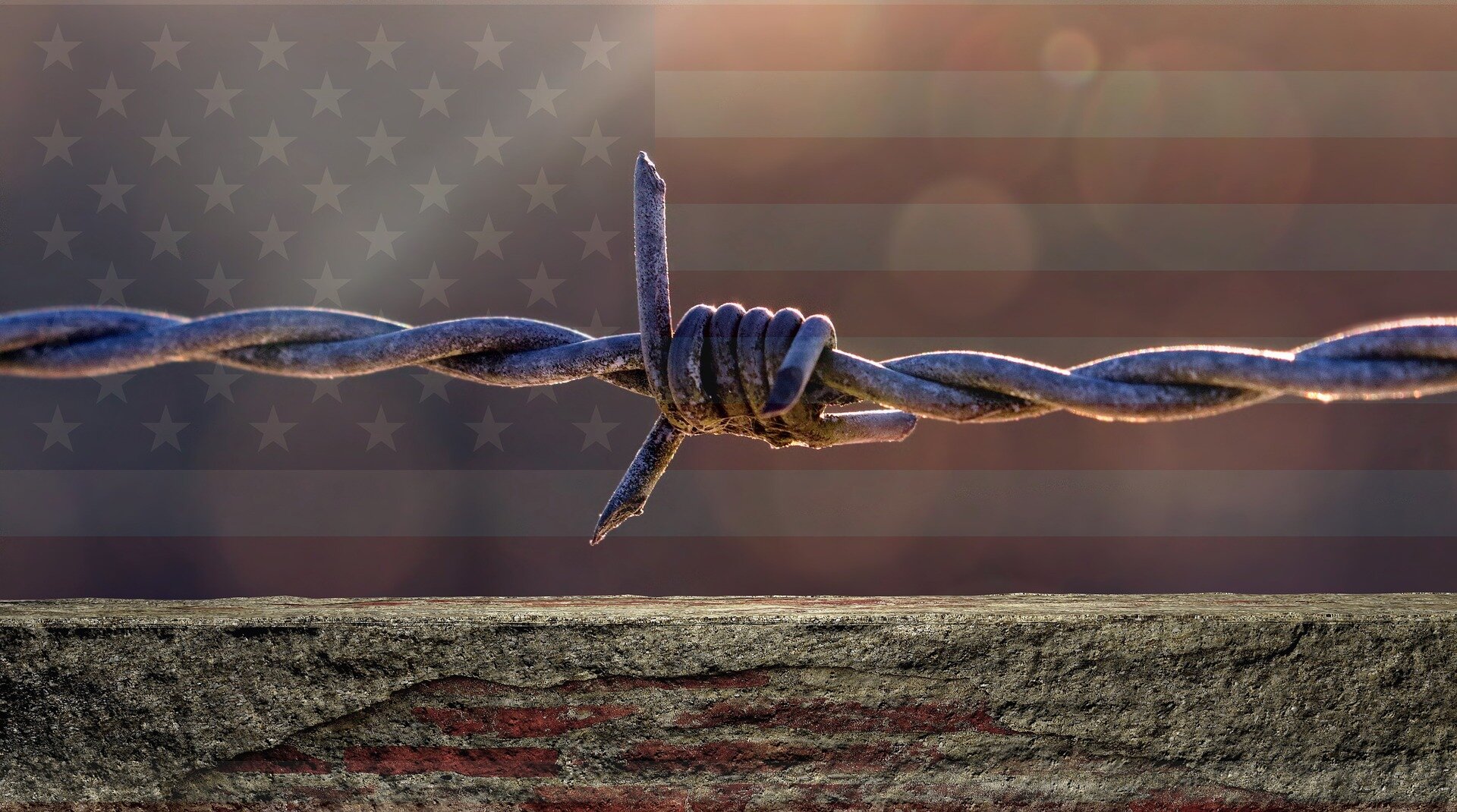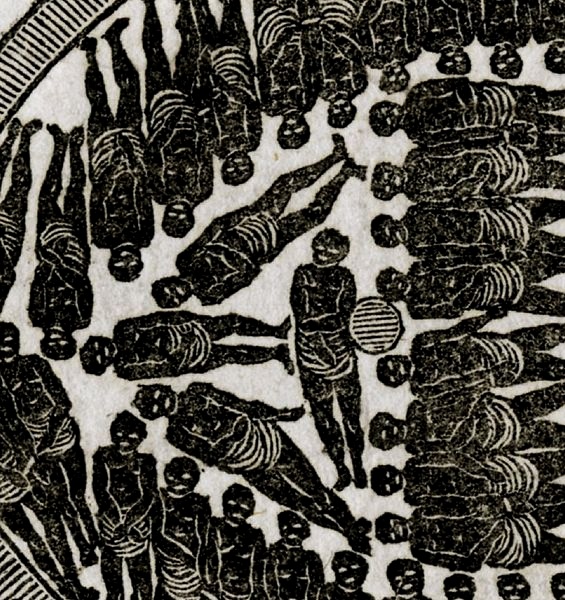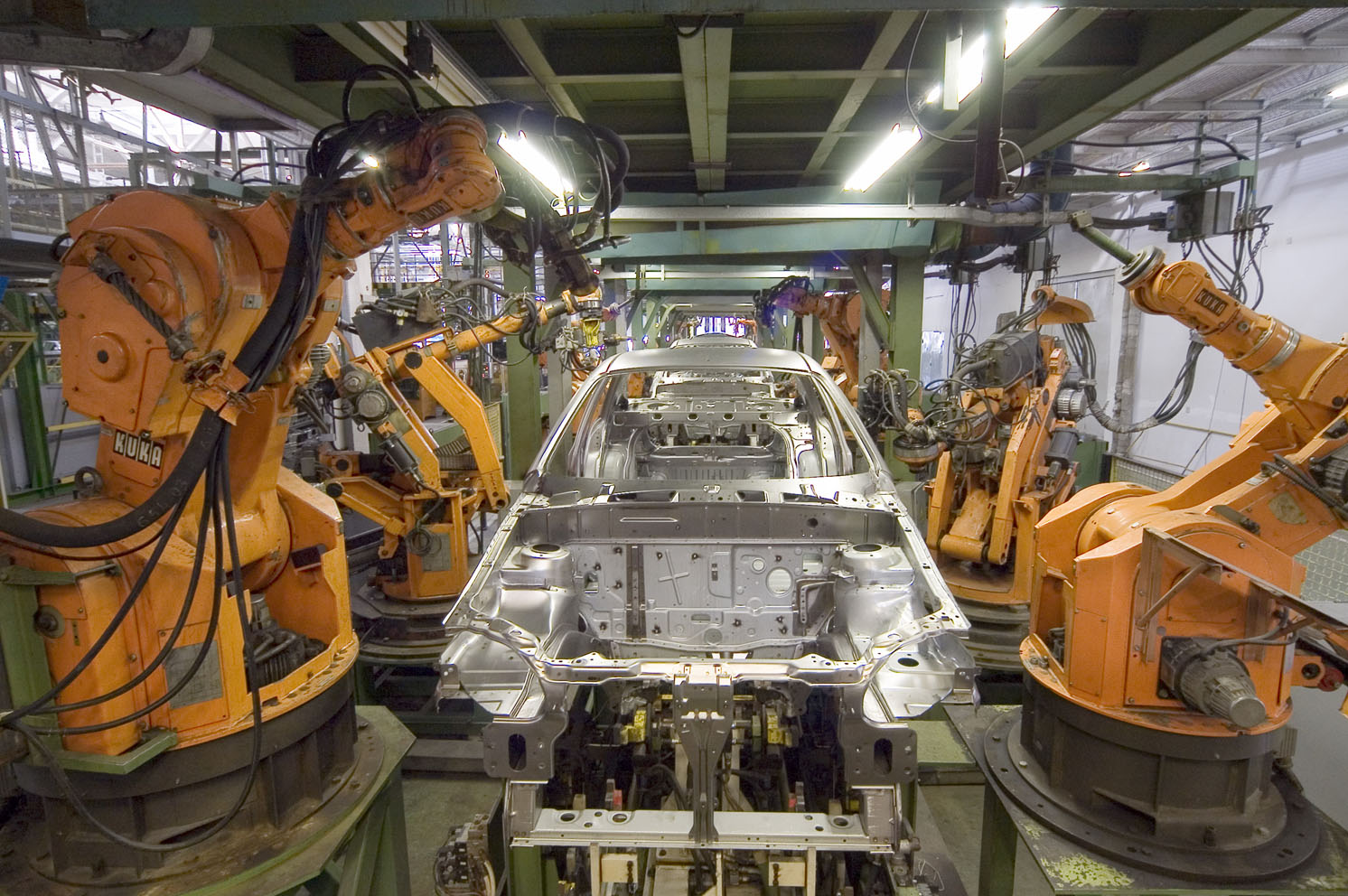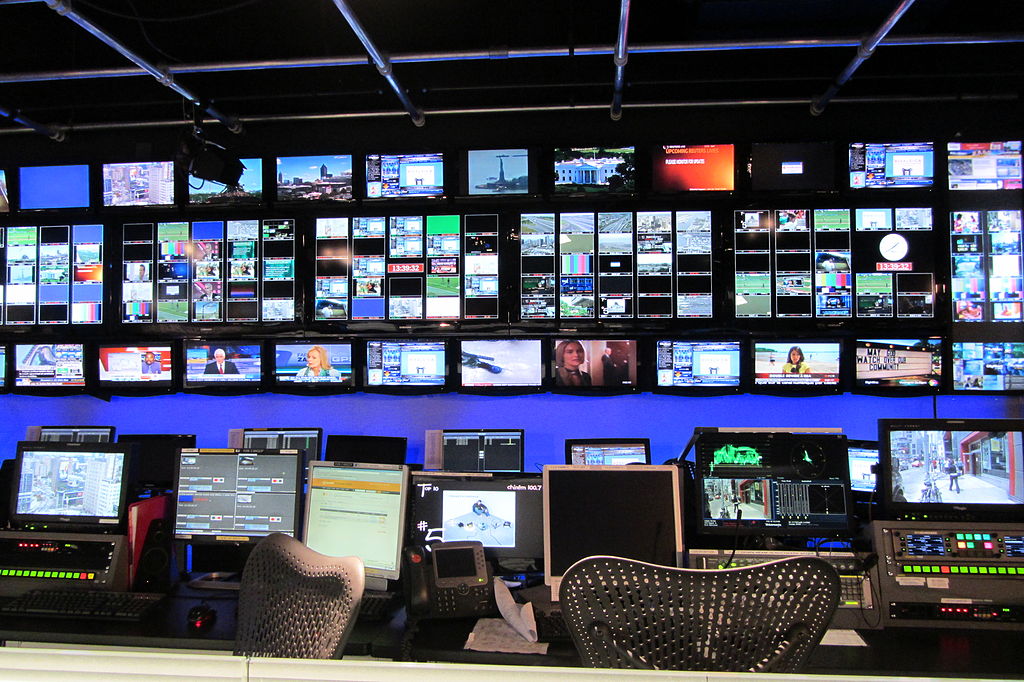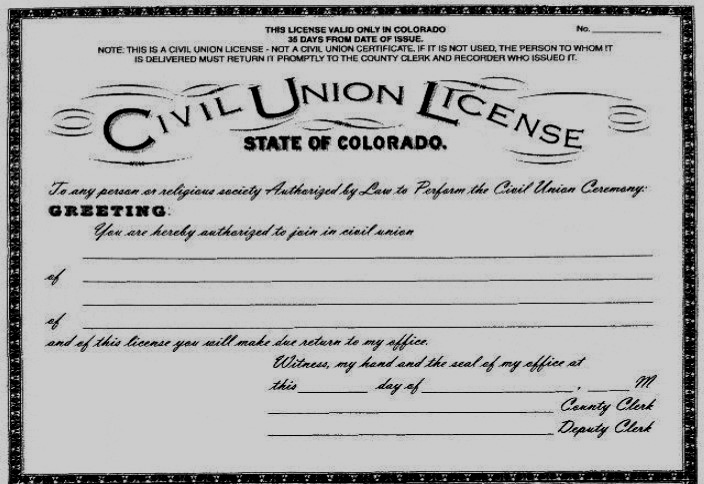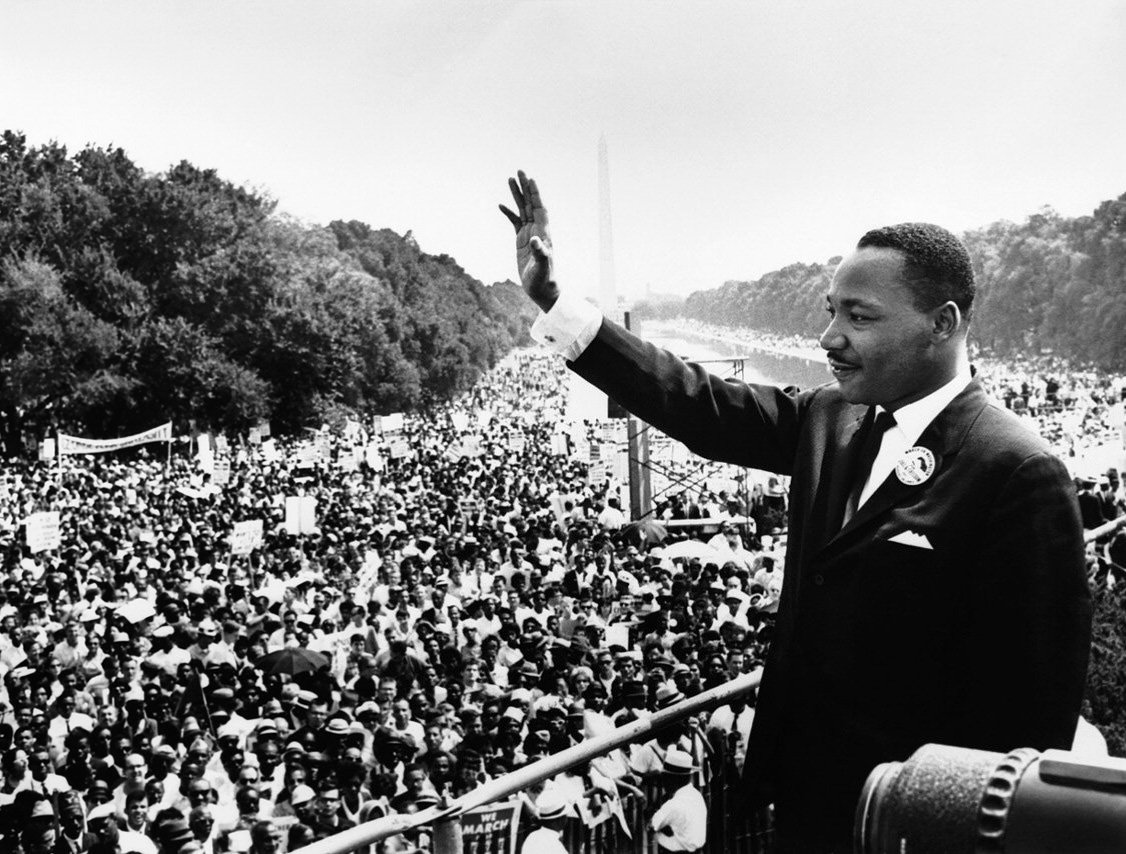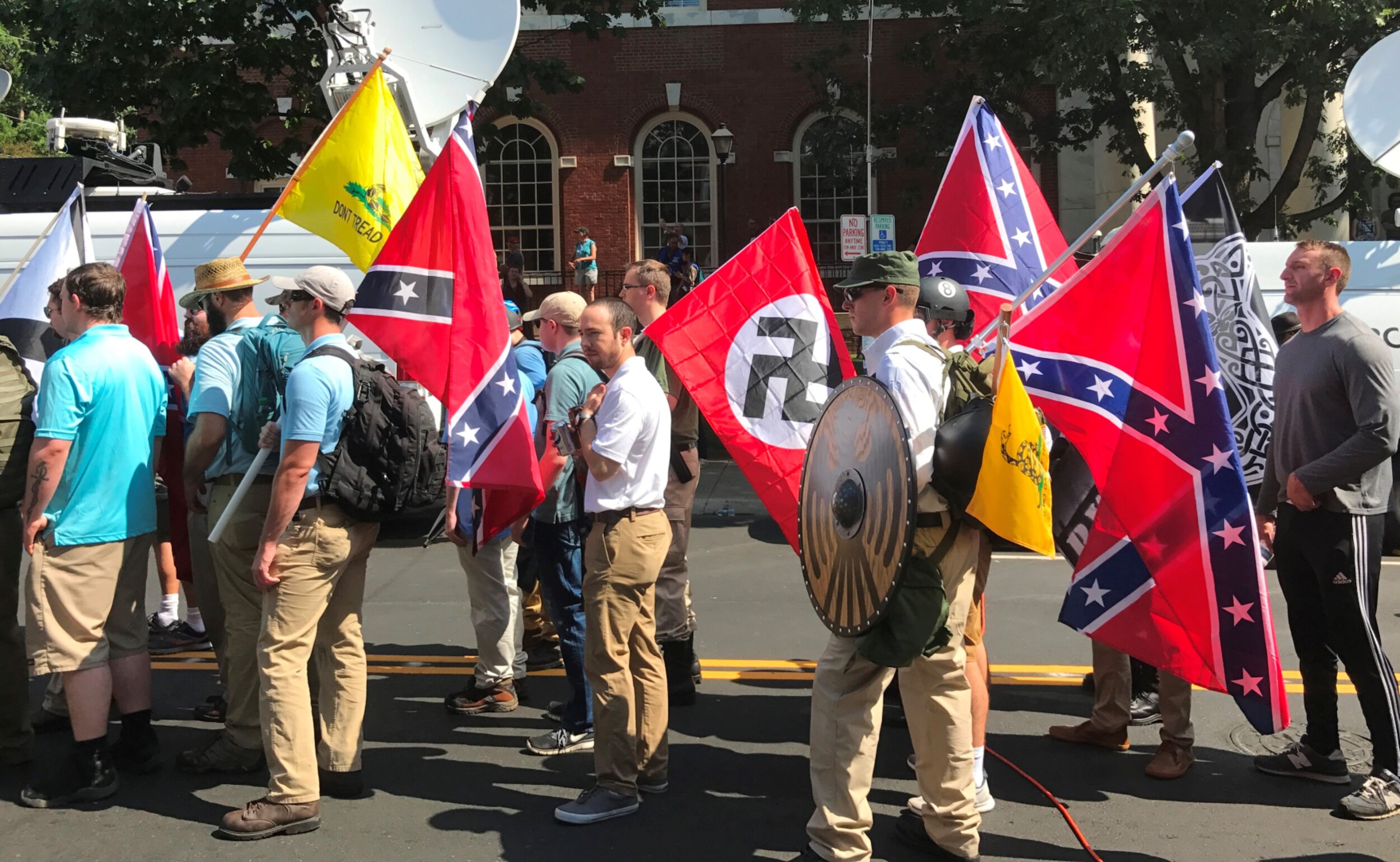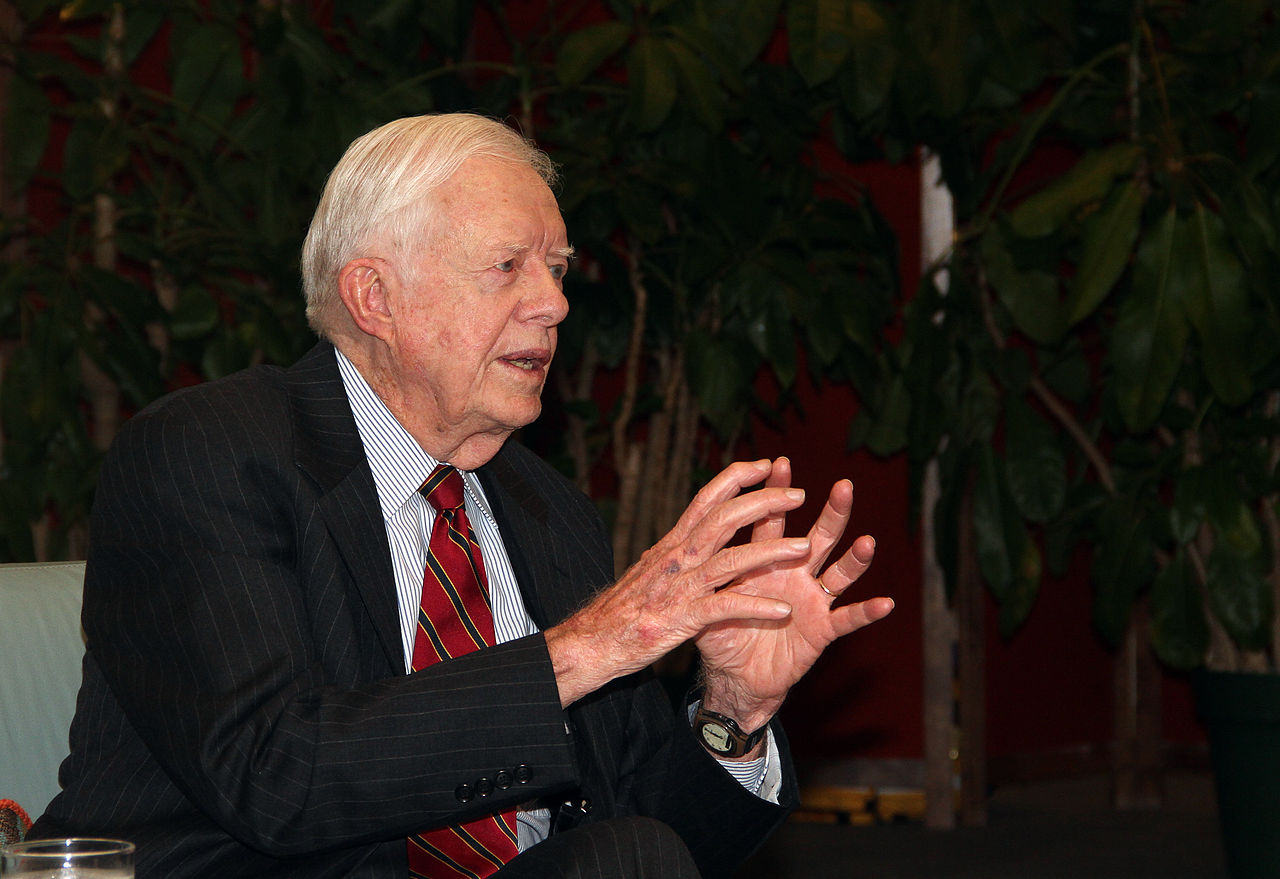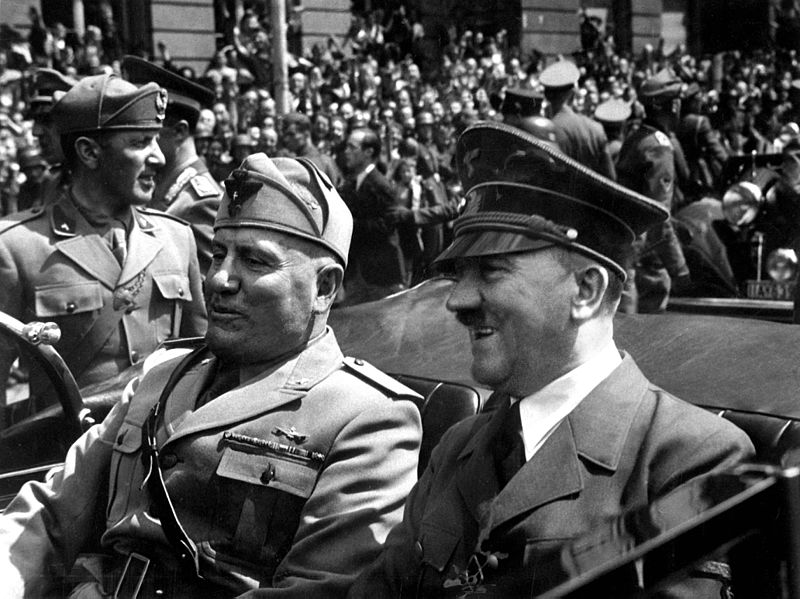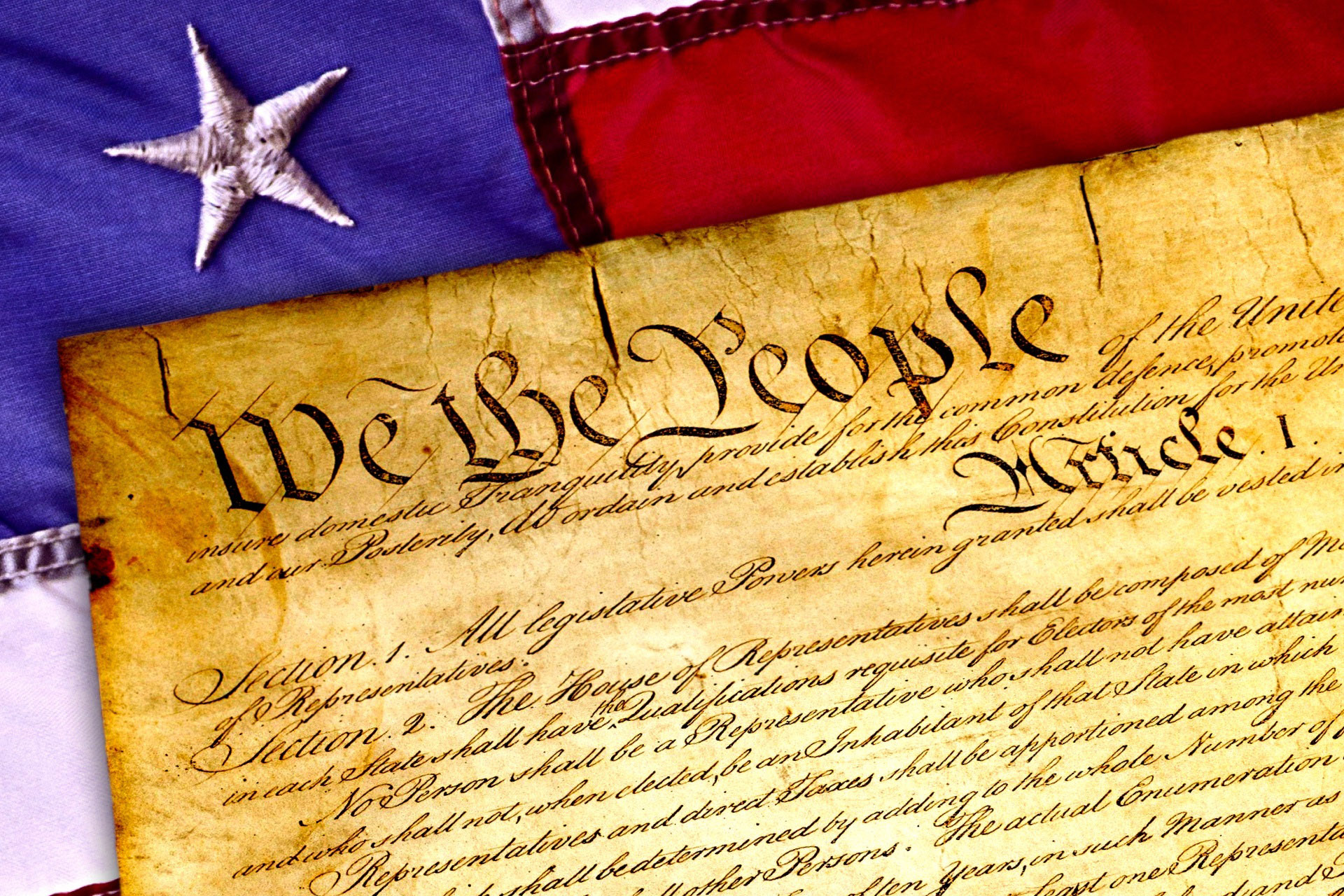Trade Policy
Photograph: Container ship. Photo credit: Cuaderno de Cultura Cientifica.
Resources on Trade Policy’s Impact on Labor
Top Resources: Peter Zeihan, Agriculture After Globalization. Dairy West, Dec 16, 2020. A video presentation by geopolitical strategist Peter Zeihan to dairy industry professionals. Zeihan highlights why global trade is in decline largely because it was a construct of the U.S. post-WWII. Zeihan discusses cattle-specific factors between the U.S. and New Zealand, including land quality, labor, and climate change. Zeihan argues that Mexico’s population demographics indicate that their migration is unlikely to meet the needs of U.S. dairy farmers, and border crossing will decline just because of Mexico’s aging population; Central American migration is likely to be insufficient and politically difficult; Zeihan surprisingly suggests that the dairy industry lobby the State Department for war refugees as labor. This history and these stats highlight the importance of NAFTA and labor migration.
General Resources:
Lawrence Mishel, The Trump Trade Scam. Economic Policy Institute, Jun 29, 2016.
Daniel Griswold, Globalization Isn't Killing Factory Jobs. Trade is Actually Why Manufacturing is Up 40%. Los Angeles Times, Aug 1, 2016. argues technology, not trade, is responsible for job loss
Robert Reich, Trump's Trickle-Down Populism. Huffington Post, Dec 4, 2016.
Arthur Delaney, Donald Trump Hasn’t Scared American Companies Out Of Ditching U.S. Workers. Huffington Post, Aug 30, 2018.
Annie Lowrey, Wages Are Low and Workers Are Scarce. Wait, What? The Atlantic, Sep 19, 2018.
Robert E. Scott, The State of American Manufacturing: The Failure of Trump's Trade and Economic Policies. Economic Policy Institute, Feb 5, 2019.
American Compass, Conservatives Should Ensure Workers a Seat at the Table. American Compass, Sep 6, 2020.
Nitasha Tiku, India’s Engineers Have Thrived in Silicon Valley. So Has Its Caste System.. Washington Post, Oct 27, 2020. “Engineers and advocates of the lowest-ranked castes say that tech companies don’t understand caste bias and haven’t explicitly prohibited caste-based discrimination.”
Saagar Enjeti, Ford Lied To Union Workers, Moving Plant From Ohio To Mexico. Rising | The Hill, Mar 19, 2021.
Richard Wolff, Economic Update: China & Inflation: Real Analyses, Not BS. Democracy at Work, Nov 1, 2021. argues that employers decide whether increases in the monetary supply translate into inflation or increased output-supply; argues that restrictive US immigration policy is causing a shortage of low-wage workers, which is causing employers to raise prices, because they must pay higher wages
Jiwon Choi, Ilyana Kuziemko, Ebonya L. Washington, and Gavin Wright, Local Economic and Political Effects of Trade Deals: Evidence from NAFTA. NBER, Nov 2021. Points out that the neoliberal agenda of free trade without an industrial policy devastated American Rustbelt areas, and turned white voters towards Trump in 2016. See commentary by Krystal Ball and Saagar Enjeti, 28 Years Of NAFTA: How It Destroyed Dems, Elected Trump. Breaking Points, Dec 9, 2021.
Phelim Kine, China Joined Rules-Based Trading System — Then Broke the Rules. Politico, Dec 9, 2021. “Four U.S. trade officials who helped plan and negotiate U.S. normalization of trade ties with China reflect what the 20 years of China's entry into WTO have meant.”
CNBC, Is Obamacare Fueling The Great Resignation? CNBC, Jan 31, 2022. Since workers don’t need their employer to provide health care, more workers feel free to not return to work.
Haley Byrd Witt, How the Uyghur Forced Labor Prevention Act Became Law. The Dispatch, Jun 20, 2022. A five part series examining the creation and passage of this law. The Smoot-Hawley Tariff is supposed to protect U.S. markets from slave-labor products, because cheap labor products undermine ethical labor.
Deutsche Welle, The Hidden Cost of Orange Juice. Deutsche Welle Documentary, Sep 12, 2022. Brazil is the world’s top supplier of orange juice, but with poor working conditions for workers.
Peter Zeihan, Uncovering Japan's Most Shocking Secret. Geopolitics in Conflict, Apr 29, 2023. Demographic decline for five decades and cost of urban living. Japanese companies since the 1900s used “desourcing” of building where they sell, which relied on U.S. maritime security.
CNBC, How Temu Makes Money From $10 Smartwatches From China. CNBC, Aug 14, 2023. Temu sells slave-made products from China. Temu threads viruses into the Temu app to prevent you from deleting the app.
Emily Jashinsky, Emily Spars With Beto O'Rourke On Immigration, Biden, Trump. Counterpoints | Breaking Points, May 17, 2024. Emily and Beto agree that US foreign policy needs to correct for past US actions towards Latin America.
Warwick J. McKibbin, Megan Hogan, and Marcus Noland, The International Economic Implications of a Second Trump Presidency. Peterson Institute for International Economics, Sep 2024.
CNBC, How China Uses Mexico To Avoid U.S. Tariffs. CNBC, Oct 25, 2024. This will be a major oversight by any tariff strategy.
Oren Cass, Making the Case for Trump’s Tariffs. Amanpour and Company, Nov 22, 2024. Cass critiques libertarian free trade, mostly by also criticizing other governments for subsidizing or protecting their companies.
Patrick Boyle, Can Trump’s Tariffs Work? Patrick Boyle, Dec 7, 2024.
Nick Dearden, Colombia Is Defending Its Sovereignty from the Power of Global Corporations. Al Jazeera, Dec 25, 2024.
“Trade deals can allow international corporations to trample over the rights of governments in the Global South. That is the message from the Colombian government, which describes the effect of such deals as a “bloodbath” for their national sovereignty. And now, Colombia’s President Gustavo Petro has said he wants to renegotiate the deals his country has with the United States, European Union and the United Kingdom. He has a strong case because, in the last couple of years, the US and European countries have also been renegotiating similar trade and investment deals, as they try to prevent themselves from being sued in the secretive “corporate courts” that these deals create. Only this year, the British government withdrew from a toxic investment deal, called the Energy Charter Treaty, after a slew of cases in which European governments were sued by fossil fuel corporations for taking climate action which supposedly damaged the profits of said businesses. So the question now is whether European countries are going to accept that southern countries need the same policy space to deal with climate change and numerous other problems they face. Or whether they will demand these countries continue to abide by these awful, one-sided deals.”
David Pakman, Oh No: Canada Targeting Red States Over Trump Tariffs. David Pakman Show, Feb 3, 2025. British Columbia is focusing on Trump-aligned red states and businesses in the US, in what seems to be a long-term strategy to lessen its dependence on the US.
Nasmat Gbadamosi, South Africa Takes on Trump. Foreign Policy, Feb 5, 2025. Top government officials threaten to withhold minerals in response to U.S. aid cutoff announcement.
Radhika Desai, Michael Hudson, and Mick Dunford, How Trump's Tariffs Will Accelerate US Decline. Geopolitical Economy Report, Feb 9, 2025.
Claire Bushey, Amanda Chu, and Gregory Meyer, ‘Cost and Chaos’: Donald Trump’s Metal Tariffs Sweep Across Corporate America. Financial Times, Feb 12, 2025. Executives grapple with uncertainty and price volatility even before levies come into effect
Keith Johnson, Trump’s Trade Wars Are Self-Defeating. Foreign Policy, Feb 12, 2025. The economic own goals are bad. The strategic backfires are worse.
Jyotishman, Will Trump Tariffs Destroy Global Economy? India and Global Left, Feb 15, 2025. “Will Trump tariffs have a huge impact on the global economy? Ben Norton breaks down the potential consequences of Trump's policies on Europe, Ukraine, Gaza, Latin America and more. Ben Norton @GeopoliticalEconomyReport discusses how Trump's policies will impact geopolitics. Get insights on the tariff war, China, Germany, and Europe, and the fall of Assad in Syria in this informative video.”
Steve Keen, "Is Trump Wrong on Tariffs?" Top Economist Warns the US. Steve Keen, Feb 21, 2025.
Rania Khalek, Trump, Europe’s Collapse & Why Liberals Keep Losing, w/ Yanis Varoufakis. BreakThrough News, Feb 22, 2025. Varoufakis argues that Trump will raise tariffs and then pressure other central banks to release their dollars. This will make their currencies decline. But Trump, he argues, will have to choose between Wall Street-real estate magnates vs. the average American to revive manufacturing, and will choose the former. See shorter interview by Times Radio, Trump’s Tariff Chaos Explained | Yanis Varoufakis. Times Radio, Mar 9, 2025.
Peter Zeihan, Trump Takes on China…or Not. Zeihan on Geopolitics, Feb 26, 2025. “China is on its last legs. Its demographic picture is far past terminal. Its financial system makes Enron look responsible. Simply feeding its people is far beyond Beijing’s capacity without legions of outside assistance.” Their labor costs have gone up dramatically, and import more agriculture than any other nation while being dependent on the U.S. Navy to patrol the sea lanes. Yet Trump’s tariff hostility against Canada, Mexico, and Europe risks reinvigorating their trade with China, and disincentivizing manufacturing companies from building in North America. Capital is less available and more costly because of aging demographics. Labor is more expensive because of mass deportation. Zeihan is thus currently pessimistic, similar to Yanis Varoufakis but for different reasons.
Ezra Klein, The Dark Heart of Trump's Foreign Policy. The Ezra Klein Show, Mar 1, 2025. Interview with journalist Fareed Zakaria. Trump views the post WWII alliance of “the West,” i.e. the U.S. and Europe and its allies, as disadvantageous to the U.S.
Lawrence O’Donnell, Canada's Trudeau Humiliates 'Cowardly' Trump Who Backs Down on Tariffs. Again. The Last Word | MSNBC, Mar 5, 2025. Lawrence adds the legal framework for tariffs: Congress authorized the President to raise tariffs for national security reasons under conditions of war. Thus, Trump is breaking the law. Trump’s tariffs on Canada and Mexico are especially ironic because they are our closest friends and allies, and because Trump himself negotiated the USMCA. See also The Editorial Board, Trump’s Tariffs Are No ‘Emergency’. Wall Street Journal, The President invokes a law that doesn’t give him power to impose sweeping tariffs. Someone should sue.
“The Constitution gives power over trade to Congress, which for most of U.S. history wrote tariff law. That changed after the catastrophe of the 1930 Smoot-Hawley tariff, as Congress said stop us before we kill the economy again and ceded authority to the President to negotiate bilateral trade deals. It ceded more power after World War II.
The President now has the explicit power to restrict imports, but only for specific reasons. The President may impose tariffs on imports that threaten national security (Section 232) or in response to “large and serious” balance-of-payments deficits (Sec. 122), a surge of imports that harms U.S. industry (Sec. 201), and discriminatory trade practices (Sec. 301).
During his first term, Mr. Trump used Section 232 to impose tariffs on steel and aluminum and 301 on goods from China. Mr. Trump’s executive orders imposing 25% across-the-board tariffs on Canada and Mexico and 10% (now 20%) on China instead invoke the 1977 International Emergency Economic Powers Act (IEEPA), which gives the President authority to address an “unusual and extraordinary threat” if he declares a national emergency. Mr. Trump deems fentanyl and other drugs such an emergency.
IEEPA’s language is intentionally broad to give the President latitude to address wide-ranging threats. But Mr. Trump’s tariffs arguably constitute a “‘fundamental revision of the statute, changing it from [one sort of] scheme of . . . regulation’ into an entirely different kind,” to quote the Supreme Court’s West Virginia v. EPA precedent distilling its major questions doctrine.
Under that ruling, Congress must expressly authorize economically and politically significant executive actions, which Mr. Trump’s tariffs undeniably are. Whether fentanyl is an unusual and extraordinary threat is debatable, however, since drugs have been pouring across the borders for decades.
The bigger problem is that IEEPA doesn’t clearly authorize tariffs. The law lets the President investigate, block, prohibit or regulate any “importation or exportation” or financial transaction involving “property in which any foreign country or a national” has an interest or “any property, subject to the jurisdiction of the United States.”
Presidents have used the law to freeze assets of foreign governments and nationals, restrict U.S. companies from doing business with them, limit export of technologies and ban imports from adversaries. In March 2022 President Biden used the law to ban imports of Russian energy, seafood and alcoholic beverages—but notably not to impose tariffs.
In April 2022, Congress gave the President authority to raise tariffs on Russia, and Mr. Biden later did. This suggests that neither Congress nor Mr. Biden believed IEEPA provided tariff authority. No President has used IEEPA to impose tariffs. The High Court has said that a “lack of historical precedent” is a “telling indication” that a broad exercise of power is illegal.
It’s true Richard Nixon used a precursor to IEEPA to impose an across-the-board 10% tariff in 1971 to address a growing trade deficit. A lower court ruled the tariff exceeded his authority by letting him “determine and fix rates of duty at will” without Congressional permission. An appeals court upheld the tariff because it “bore an eminently reasonable relationship to the emergency confronted.”
Mr. Trump’s tariff doesn’t appear reasonably related to the fentanyl emergency. And Congress seemed to dislike Nixon’s use of emergency powers to deal with trade issues since three years later it gave the President limited authority to impose tariffs. Mr. Trump may have shunned those authorities because he wants carte blanche to impose tariffs.
Mr. Trump’s tariffs recall Mr. Biden’s use of emergency power for his Covid vaccine mandate, eviction moratorium and student loan forgiveness. The Court blocked all three under its major questions doctrine, which Justice Neil Gorsuch called “a vital check on expansive and aggressive assertions of executive authority.”
Presidents of both parties are now declaring everything to be an emergency to achieve their policy goals without having to deal with a frustrating Congress. If Mr. Trump succeeds in unilaterally imposing tariffs as he sees fit, a future Democratic President will use “emergency” power for climate change and much more. Mr. Trump’s order needs a legal challenge.”
Pondering Politics, Watch Trump Get Called Out on Fox News by MAGA Economist! Pondering Politics, Mar 10, 2025. MAGA Economist Stephen Moore, who authored a book with Arthur Laffer called Trumponomics, praising Trump, warns Trump against tariffs on Fox.
Ezra Klein, Is Trump ‘Detoxing’ the Economy or Poisoning It? The Ezra Klein Show, Mar 14, 2025. Interview with Gillian Tett, who explores the “Mar-a-Lago Accord” idea that Trump might want to later lower tariffs and weaken the dollar in exchange for military alliances, technology exchange. Tett is a cultural anthropologist and financial reporter; see Gillian Tett, Anthro-Vision: A New Way to See in Business and Life, Amazon page, Simon & Schuster, 2022.
Christian Restorative Justice and Labor: Topics:
Christian Restorative Justice, Business, and Economics: Topics:
This section on Economics includes the following pages: Economics Metrics identifies and critique the metrics we use. Public-Private Partnerships defends government involvement as a permanent fixture of economic growth, historically and philosophically. Environment examines many aspects of conservation, climate change, sustainability, and human health. Taxes examines models of taxation, claims by adherents, and effects. Housing Policy highlights how housing should be considered a human right, with better planning, zoning, and accountability. Corporate Law examines monopoly, limited liability, regulation, and other features of business law. Labor highlights the importance of labor over capital investment. Automation examines the impact on people and communities. Wealth Inequality and Power Inequality track the historical ups and downs, along with the ideologies used to justify them. Media examines media companies as economic and political agents, especially rightward media.
Christian Restorative Justice Critique of the Right: Domestic Policy Topics:
This page is part of our section Critique of the Right, which engages the following topics: Banking and Finance examines the economic and political power of financial institutions; Bioethics discusses abortion policy; Business and Economics examines economic theories, taxes, housing, environment, corporate law, labor law, automation, and inequalities of wealth and power; Civil Unions makes the Christian case for civil unions for all and removing marriage from the culture wars; Criminal Justice examines crime statistics and definition, policing, prosecution, sentencing, prisons, and reintegration; Education examines public education and conservative resistance to it; Environment and Health highlights the many challenges we face related to animals, climate change, food, and health systems; Government Corruption spotlights political compromises and dealings contrary to the public good; Gun Rights examines gun policies and rhetoric; Media spotlights failures of, and possible fixes to, left-wing or left-leaning media; Power and Politics highlights the impact of racial considerations and racism on political campaigns, voting rights, public investments, and other political procedures; Race examines the impact of white supremacy on virtually every aspect of American life.


